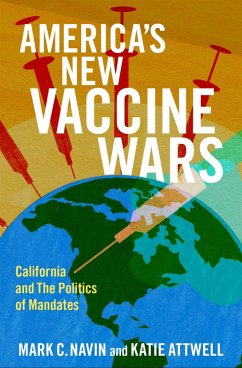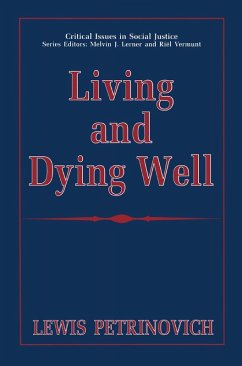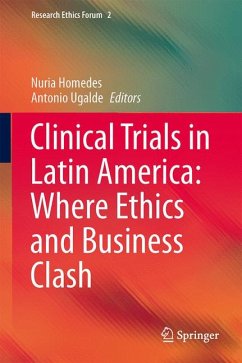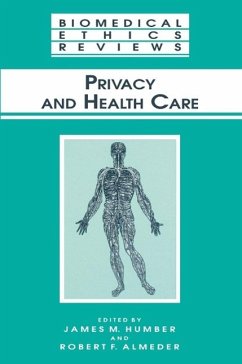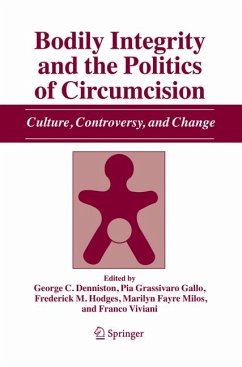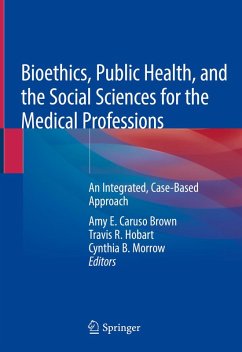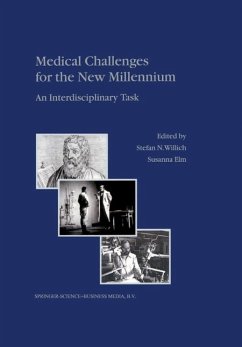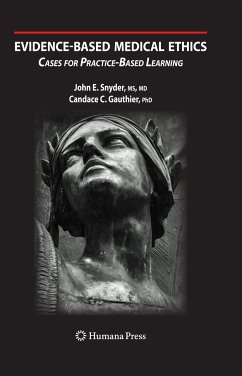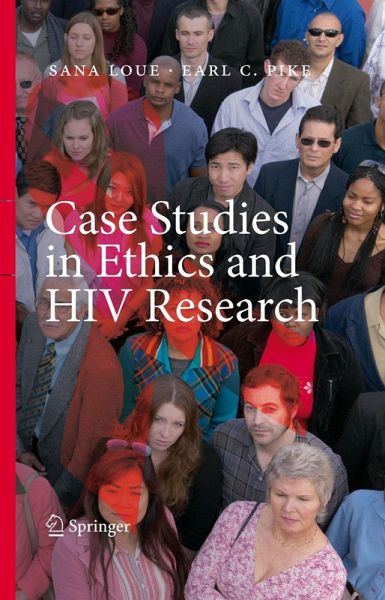
Case Studies in Ethics and HIV Research (eBook, PDF)
Versandkostenfrei!
Sofort per Download lieferbar
40,95 €
inkl. MwSt.
Weitere Ausgaben:

PAYBACK Punkte
20 °P sammeln!
This important work takes as its subject one of medicine's most pressing arenas of ethical debate. There has been a consistent interest in ethical issues arising in the context of HIV research. Ongoing international and multi-site studies and the continuing search for an HIV vaccine continue to prompt examination of how this research is conducted. Also examined are how participants are engaged in the studies and the obligations of the researchers to individual participants and their communities during the course of and following the conclusion of the research. Each chapter of this book is auth...
This important work takes as its subject one of medicine's most pressing arenas of ethical debate. There has been a consistent interest in ethical issues arising in the context of HIV research. Ongoing international and multi-site studies and the continuing search for an HIV vaccine continue to prompt examination of how this research is conducted. Also examined are how participants are engaged in the studies and the obligations of the researchers to individual participants and their communities during the course of and following the conclusion of the research. Each chapter of this book is authored primarily by one of the editors (secondarily by the other) and is accompanied by case studies. Each case study has been authored by an HIV/AIDS researcher with experience in the subject matter of the chapter. The case studies focus on an actual ethical dilemma encountered by the researcher, with suggestions on how it can be resolved. Each chapter addresses relevant issues and emphasizes particular ethical principles.
Dieser Download kann aus rechtlichen Gründen nur mit Rechnungsadresse in A, B, BG, CY, CZ, D, DK, EW, E, FIN, F, GR, HR, H, IRL, I, LT, L, LR, M, NL, PL, P, R, S, SLO, SK ausgeliefert werden.



